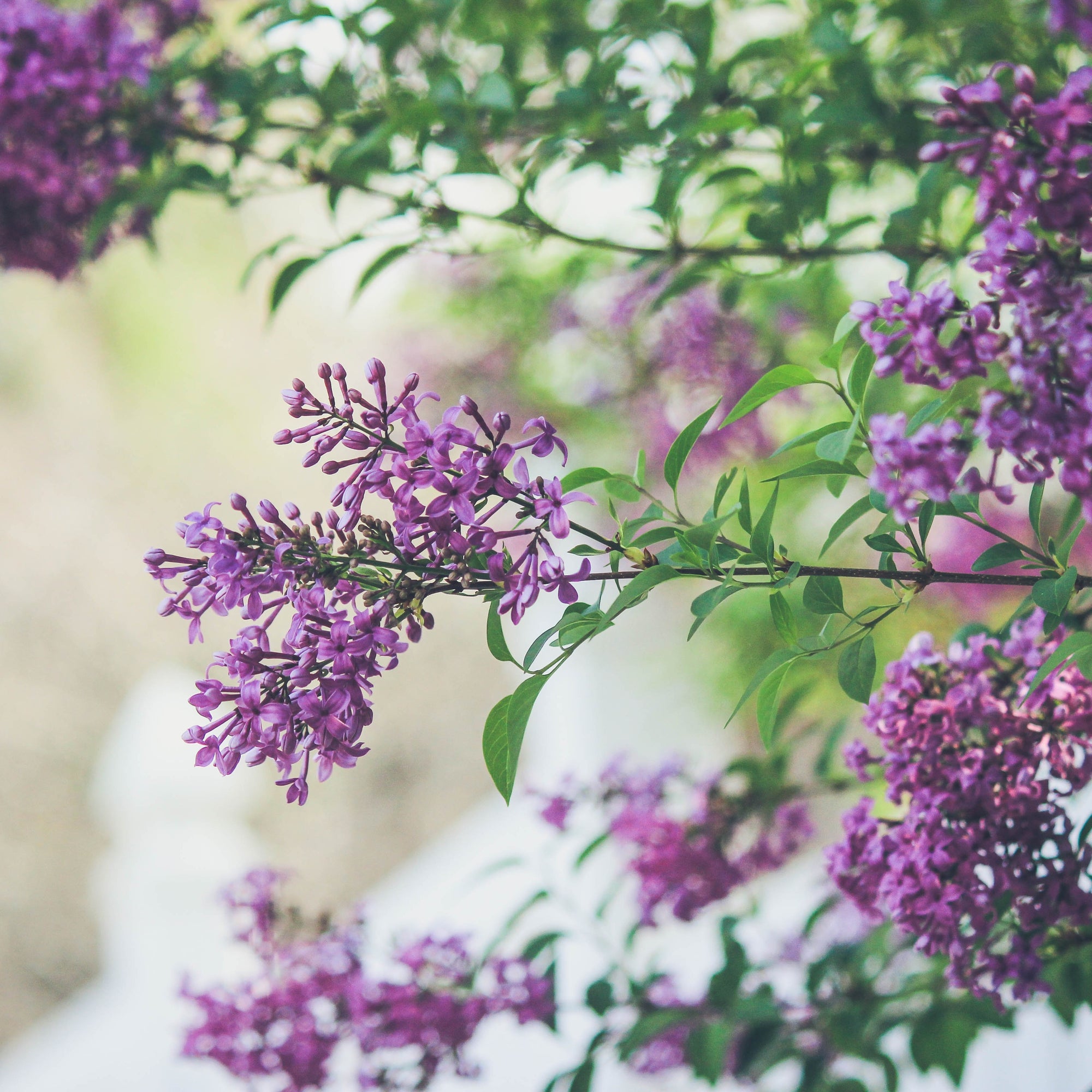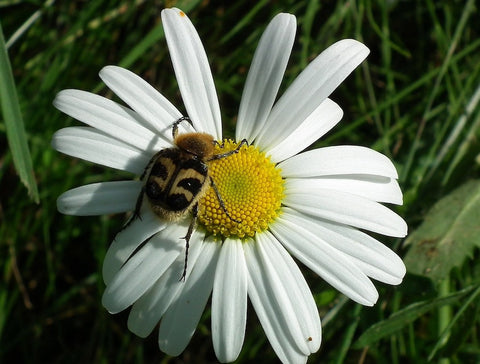A Guide to Natural Herbicides, Pesticides and Fungicides for Your Garden
•Posted on July 24 2018

As we become more aware of the potential hazards posed by using synthetic chemicals in our lawns and gardens, people are scrambling to find alternatives.
There are plenty of substances that can be used as eco-friendly fertilizer for plants that don't have to cause harm to the animals and humans that inhabit our properties, as it turns out.
Here is a brief guide to natural pesticides, fungicides, and herbicides that can be easily used in your garden to deter pests, weeds, and plant fungus.
What Are Fungicides, Pesticides, and Herbicides?

Fungicides, pesticides, and herbicides are substances that inhibit the growth, function, or life of unwanted fungi, pests, and plants, respectively.
In the modern age, these substances have somewhat of a bad reputation, which isn't entirely fair.
The reputation that herbicides, pesticides, and fungicides have is due to synthetic chemicals designed to serve these purposes that are accompanied by some serious risks.
For example, glyphosate, a chemical that you might know as Round-Up has been used to kill weeds (herbicide) for many years.
More recently studies have shown that people who apply glyphosate frequently may themselves face risks of developing cancer. Pesticides are no different.
Perhaps you remember the use of a chemical called DDT that was used during WWII to control mosquitos and prevent the spread of malaria.

Later, the chemical had to be outlawed in many countries all over the world because of the findings that it caused cancer in those exposed to it and threatened communities of birds.
Fungicides are not so widely demonized, but synthetic varieties have been known to harm the plants they are meant to protect from harmful fungi.
Knowing the risks of using synthetic chemicals on your property, potentially putting your family in harm's way, it's clear that finding natural alternatives to these substances is the only way to ensure the health and safety of the people and animals around you.
Here is a rundown of some commonly used natural fungicides, herbicides, and pesticides, and the benefits they can present when used in your garden.
Note: not all of these substances fit into the categories above, but they are still useful here because as natural fertilizers, they strengthen the plant's ability to fight off fungus, pests, and compete against other, unwanted plants more effectively.
Sulfur Powder
Sulfur powder is a form of water-soluble sulfur that's natural and heavy metal free, coming in a powder form. You can use it in your garden to deter pests like fleas, chiggers and ticks, to repel snakes and control fungus in melon plants.
Ferrous Sulfate
Ferrous sulfate is a water-soluble mix of iron and sulfur that encourages plant growth while increasing the ability of plants to undergo photosynthesis.
Ferrous Sulfate makes for a great herbicide by killing unwanted moss in your lawn, garden and wherever else it may grow.
Zinc Sulfate
When plants are stunted and exhibit deformities in their leaves, this can be a sign of a nutrient deficiency that weakens the plant so it can't fight off infections and pest damage. One potential remedy? Zinc sulfate.
Like Ferrous Sulfate, Zinc Sulfate can also be used as an herbicide to stop moss growth as well as kill weeds in your garden.
Copper Sulfate Crystals
In your pool or pond if you have one, you may notice algae (a pervasive fungus) forming and eventually taking over the environment. A way to naturally fight algae's growth and spread is to use a natural fungicide called Copper Sulfate.
This natural fungicide can also be applied to tomato plants as a Bordeaux mixture in the form of a foliar spray to rid your fruit of downy mildew and other fungi.
Copper sulfate crystals are water-soluble and free of heavy metals, the perfect solution to your fungus problem.
Bone Meal
Bone meal, as its name suggests is the ground remains of animal bones and other parts and can actually be a huge help in your garden. This is because Bone Meal contains high amounts of Phosphorus which strengthens plant roots.
Once strong and healthy, roots choke out any weeds before they become problematic in your garden.
Boric Acid
Boric acid can be used to eliminate insects that come into your garden with bad intentions.
Rather than spray a potentially harmful (especially if you're growing produce there) pesticide on your plants, boric acid can act as a gentle, natural pesticide to protect your plants from bugs.
Go Natural With Greenway Biotech, Inc.
As you can see, there are a number of alternatives to chemical laden pesticides and fungicides. Help your plants without harming the environment by using one of our eco-friendly garden nutrients.
You can shop a selection of them, below.
Related Posts:
- The Importance of a Pollinator Friendly Garden and How Boric Acid Can Help
- 7 Reasons to Keep Copper Sulfate Handy in Your Home
- How to Identify Fungal Diseases in Your Plants and What You Can Do About It
Comments
0 Comments
Leave a Comment